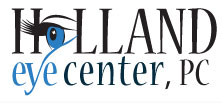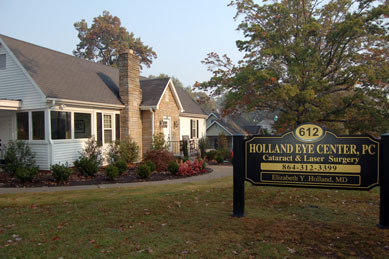Premium Implants Including Multifocal, Trifocal And Extended Depth Of Focus
Refractive Lens Exchange (RLE) and Cataract Surgery are procedures where your eye's natural lens is replaced with an artificial lens or implant to achieve sharper focus at near, intermediate, and/or distance.
People who are middle-aged or older, typically over the age of 50, may have the beginnings of cataracts that eventually could worsen and cloud the vision. In time, these cataracts could become advanced enough to require cataract surgery, replacing the eye's clouded lens with an artificial or intraocular lens.
If you have early cataracts, you could choose to have a refractive lens exchange instead of waiting for the cataracts to advance enough to require cataract surgery. An artificial (intraocular) lens can provide significantly better uncorrected vision at that point, especially if you currently wear glasses or contacts for better vision. Many people choose to proceed with refractive lens exchange because they are tired of wearing reading glasses. Presbyopia affects all of us beginning at around age 40, when our eye's natural lens grows more rigid and affects our ability to see up close. If you are frustrated by having reading glasses in every room of your house, then Refractive Lens Exchange may be the option for you.
A major appeal of Refractive Lens Exchange and Cataract Surgery is the availability of newer premium intraocular lenses. These intraocular implants have the ability to restore distance vision as well as improve near vision that enables functions such as computer use and reading for aging eyes. Dr. Holland utilizes a variety of premium lenses including the Acrysof ReSTOR, Acrysof IQ Vivity, PanOptix and Technis Multifocal Intraocular Lenses.
For extreme farsightedness (hyperopia) higher than +4.00 diopters, LASIK generally is not recommended, making refractive lens exchange a possible option. If a traditional intraocular lens is used, distance vision can be corrected, but reading glasses would be needed. If a premium extended depth of focus, trifocal or multifocal lens is used, reading glasses may be needed infrequently.
For extreme farsightedness (hyperopia) higher than +4.00 diopters, LASIK generally is not recommended, making refractive lens exchange a possible option. If a traditional intraocular lens is used, distance vision can be corrected, but reading glasses would be needed. If a premium extended depth of focus, trifocal or multifocal lens is used, reading glasses may be needed infrequently.
While Refractive Lens Exchange and cataract surgery are relatively safe, you do need to consider that any surgery has risks that should be discussed in detail with your eye surgeon. The procedure for refractive lens exchange is identical to cataract surgery. While Refractive Lens Exchange technically does not have FDA approval, some surgeons will use the procedure off label, meaning that the procedure is not specifically approved by the FDA for this purpose. This type of use is perfectly legal and sometimes a practical option for elective vision correction surgery, particularly for older people who are dependent on reading glasses and for younger people who may not be candidates for LASIK or PRK.
If you desire more information on Refractive Lens Exchange or Cataract Surgery, contact the Holland Eye Center at (864) 312-3399 for a consultation to discuss your options with Dr. Holland.




